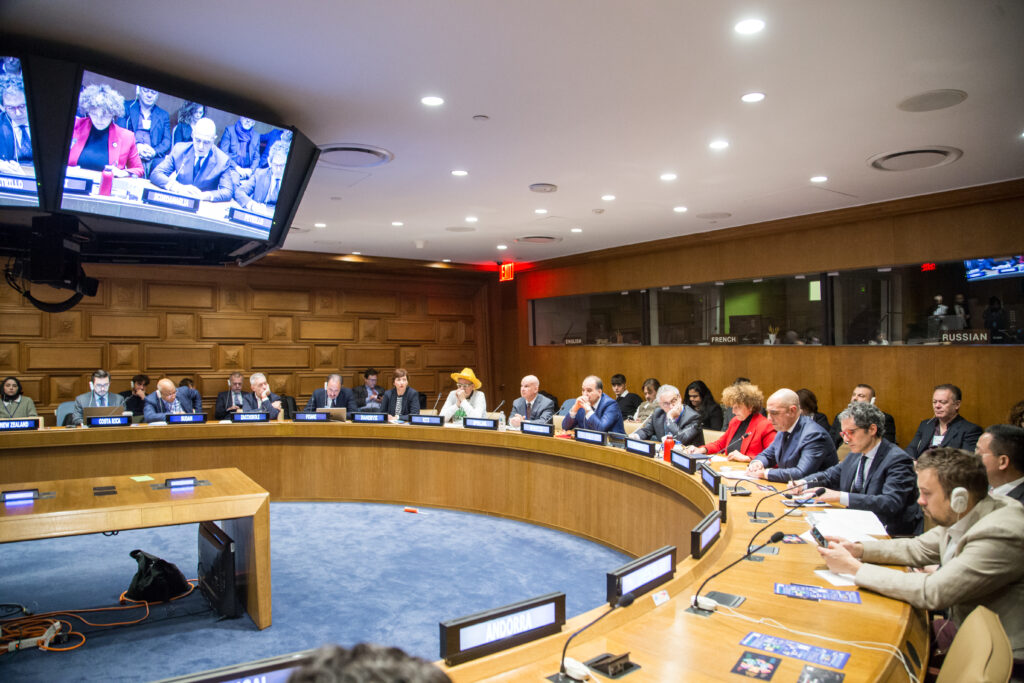On the occasion of the 12th anniversary of the addition of the Mediterranean Diet on the list of Intangible Cultural Heritage of Humanity, the Municipality of Pollica, which coordinates the International Network of UNESCO Emblematic Communities of the Mediterranean Diet this year, has launched a schedule full of initiatives carried out by the contribution of MIPAAF for the international valorization of agro-food and agro-sylvo-pastoral traditions and practices as UNESCO Intangible Heritage of Humanity.
From November 11-16, the events of the National Festival of the Mediterranean Diet were held in Pollica. The event was created to spread the “Mediterranean Diet” heritage in an organic and coordinated way, highlighting the numerous actors from the scientific, institutional and private worlds who have been working for years for its protection and valorization. These actors embrace every aspect, from the cultural dimension to the valorization of the supply chains that through virtuous agricultural practices and the protection of native biodiversity, concretely represent some of the fundamental pillars of the “Mediterranean Diet” lifestyle.
In keeping with a well-established tradition, the weekend of November 11-13 was dedicated to the celebration of the 12th anniversary of UNESCO recognition, which has now become the birthday of the Mediterranean Diet for everyone. An emblematic celebration created to exalt one of the elements that best identify the Mediterranean lifestyle: conviviality. Music and art were the protagonists, side by side with Cilento cuisine, the true protagonist of the Mediterranean diet, through which it was possible to discover the extraordinary taste of traditional dishes, capable of telling the story and know-how of the restaurateurs and citizens of our land.
The National Festival of the Mediterranean Diet ended on Wednesday, November 16, with institutional celebrations of the UNESCO recognition, in the beautiful seaside village of Pioppi, the true homeland of the Mediterranean Diet where Ancel Keys and Margaret Haney, together with other extraordinary scientists such as Jeremiah Stamler, codified the concept of the Mediterranean lifestyle.
The day was full of interesting highlights with the unveiling of the statue dedicated to scientist Ancel Keys and the appointment of four new Mediterranean Diet ambassadors to close at 7 p.m. with an aperitif with local producers at the Living Museum of the Mediterranean Diet in Pioppi followed by a play by Sergio Assisi dedicated to the Mediterranean at the Ancel and Margaret Keys Hall.
A 2022 that has seen the Municipality of Pollica active in numerous international missions aimed at spreading the Heritage ending in this month of November some important destinations, Japan which will be the host country of the next Expo in 2025, Kazakhstan a country in great expansion crucial on the issues of sustainability in the market of major food commodities, then COP27 in Egypt at the 27th United Nations conference on climate change to talk about the Mediterranean Diet: A heritage, a way of life, a development framework for sustainable growth as part of the event entitled “Feeding the planet, energy for life” – Cities of the future facing the food, water, soil, energy challenge by designing a sustainable life and finally on November 18 at 10. 00 at the United Nations in New York.
The achievement of the UNESCO recognition, has represented and still represents a reason of great pride, as well as a great opportunity for Italy and other countries that are part of it, however often in highlighting the importance of the Mediterranean Diet Heritage, many tend to overlook or even ignore the commitments made with UNESCO to maintain the recognition of Intangible Heritage and the concrete actions to be put in place to avoid its disappearance.
In compliance with what is stated within the candidacy dossier, the Municipality of Pollica, as indeed it has already done in the previous twelve years, has decided to initiate an action of research and patrimonialisation of the knowledge and unwritten knowledge of the Mediterranean Diet, entrusting MedEatResearch with the development of an ethnographic research among the restaurateurs of Pollica and Cilento and the dissemination of ethnographic materials collected within the Virtual Museum of the Mediterranean Diet. Another line of research was dedicated to the youth of Pollica and understanding their relationship with the UNESCO Heritage.
Finally, in collaboration with the UNITELMA Sapienza University, the Municipality of Pollica has begun the definition of the Plan for the Safeguarding of the intangible element that has long been needed and that stands as an instrument for coordinating the actions to be put in place for the protection and enhancement of the Mediterranean Diet. Twelve years after the UNESCO recognition, the process of international strengthening of the element through enlargement to new countries has resumed.
The Community of Pollica, in November 2021, was designated as the leader of the communities of the 7 countries that currently had the recognition. With this responsibility, the Community of Pollica started the procedure to extend the recognition to other Mediterranean countries (in this period Egypt, Algeria, Lebanon, Jordan, among others, have expressed interest).

